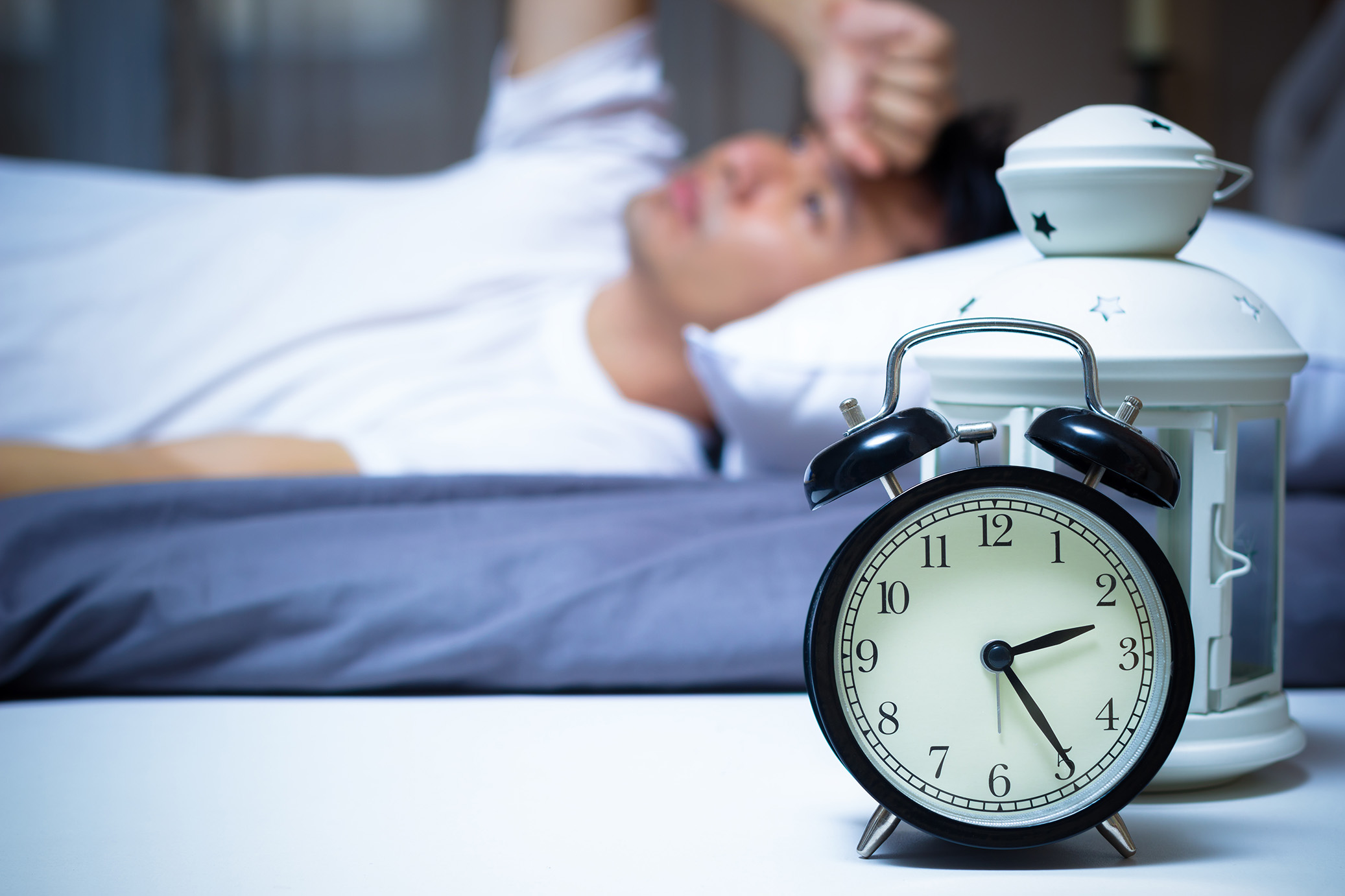Mouth taping is a practice that promotes nasal breathing during sleep, which may improve sleep...
Read More

The COVID-19 pandemic has changed more than our daily routines; it has compromised our circadian rhythms. From increased sedentary lifestyles to a societal shift toward technology-focused routines, sleep disorders and poor sleep hygiene have surged as COVID-19 collateral damage. As hand washing, social distancing and mask-wearing have helped slow the spread of the coronavirus, researchers believe sleep could be the fourth pillar of COVID-19 prevention.
Studies show that poor quality of sleep is linked to an increased incidence of ailments such as heart disease and infections.
“When we sleep, our immune systems produce cytokines to help our bodies fight infections. But when we get poor sleep, or regularly don’t get enough sleep, our bodies can’t make these molecules and make us prone to infection,” said Scott B. Rosenberg, M.D., a pulmonologist and certified sleep specialist at Inspira Health Center Woodbury. “Patients who have a poor quality of sleep or sleep apnea and don’t seek medical attention could be prone to high blood pressure and at risk for more threatening conditions like diabetes. It’s a vicious cycle, and one that has been exacerbated by COVID-19.”
According to Dr. Rosenberg, our sleep patterns have been disrupted during COVID-19 for three main reasons: increased sedentary routines, intensified virtual lifestyles and elevated political, social and economic stress.
“People are working from home or maybe facing a temporary job loss. We are watching way more television, looking at our devices and being inundated by the news and social media. And oftentimes, we are doing these things when we should be shutting down for the night,” said Dr. Rosenberg. “The light from our devices is stimulating our brains and making it difficult for us to fall asleep. And while I know it’s hard to do when we are all stuck at home, we need to be mindful of our screen time if we want to better protect ourselves and our patients from COVID-19.”
Whether a patient is dealing with COVID-19 stress-related sleep issues or sleep disorders in general, the first step to returning patients to a healthy sleep cycle is figuring out the cause.
“If a patient’s insomnia is rooted in depression or anxiety, we need to treat those conditions first, and not with just medication. Good sleep hygiene starts with good sleep habits, like adopting some relaxation techniques, and behavioral changes, like turning off the devices,” said Dr. Rosenberg. “Sleep disorders play a much bigger role in other diseases.”
Dr. Rosenberg notes primary care providers should include sleep-related screening questions such as:
“You’d be amazed at how many patients are referred to us from some simple questions that lead to life-altering diagnoses,” said Dr. Rosenberg.
Inspira Health is home to five state-of-the-art sleep centers that help diagnose and treat patients with sleep disorders under the guidance of our local, board-certified sleep specialists. From in-lab diagnostic sleep studies to home sleep testing, determining if your patient is a good candidate for a sleep study starts with using the Epworth Sleepiness Scale (ESS).
“The ESS is one of the best ways to measure a patient's tiredness during the day. Ranging from zero to 10, we are able to gauge if a patient has abnormal sleepiness, but this number doesn’t tell the whole story,” said Dr. Rosenberg. “By taking in both quantitative and qualitative information, we can guide the next plan of care. Whether it’s an in-home sleep study for patients with obstructive sleep apnea or an in-lab sleep study to better assess a patient’s brain waves, these steps help patients get the sleep they need not only to feel rested but protect themselves from infection—like COVID-19.”
“While making time to get enough sleep is imperative, making sure we are achieving deep, restorative sleep is key to boosting the immune system and lowering the risk of metabolic diseases,” said John Keeley, a sleep and balance clinical education specialist. “A sleep study is the best way to verify the quality of sleep for patients that are at risk. By working with a sleep specialist, we ensure the right treatment plan will meet the needs of each patient, while increasing compliance with treatment and enhancing patient outcomes.”
For more information, or to refer a patient, go to www.inspirahealthnetwork.org/sleep

Mouth taping is a practice that promotes nasal breathing during sleep, which may improve sleep...
Read More
Waking up in the middle of the night can be frustrating, but picking up your phone or trying to...
Read More
Long COVID refers to a range of persistent symptoms that can linger for weeks, months or years after...
Read More
The material set forth in this site in no way seeks to diagnose or treat illness or to serve as a substitute for professional medical care. Please speak with your health care provider if you have a health concern or if you are considering adopting any exercise program or dietary guidelines. For permission to reprint any portion of this website or to be removed from a notification list, please contact us at (856) 537-6772